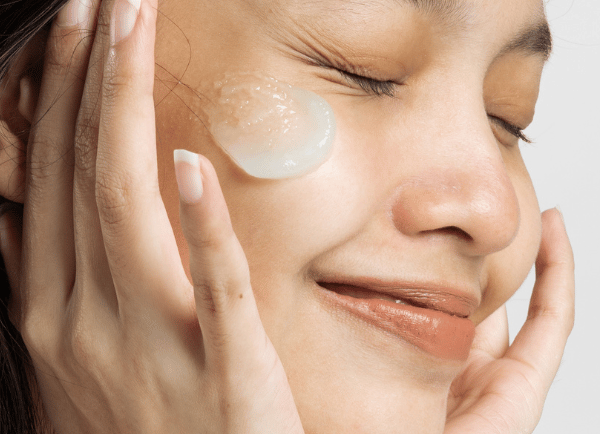Eczema: Causes, Symptoms, and Treatment
let's talk about Eczema: Causes, Symptoms, and Treatment
HEALTHCARE


Eczema: Causes, Symptoms, and Treatment Options
Eczema, also known as atopic dermatitis, is a common skin condition that affects millions of people worldwide. It can be an uncomfortable and often frustrating condition to manage. While there is no one-size-fits-all cure for eczema, there are various treatment options and strategies to help alleviate symptoms and improve the quality of life for those living with this skin disorder. In this blog, we will explore what eczema is, its potential causes, common symptoms, and some effective treatment methods to manage and reduce its impact on your daily life.
What is Eczema?
Eczema is a chronic skin condition characterized by inflammation, itching, and redness. It can appear anywhere on the body but is most common on the face, hands, feet, and the back of the knees. Eczema is not contagious, but it can be hereditary, meaning it tends to run in families.
Common Causes and Triggers
While the exact cause of eczema remains unknown, several factors are believed to contribute to its development and exacerbation. These include:
Genetics
A family history of eczema, asthma, or allergies increases the likelihood of developing the condition.
Immune System Dysfunction:
Eczema is often linked to an overactive immune system, which can lead to excessive inflammation in the skin.
Environmental Factors:
Exposure to irritants like soaps, detergents, or certain fabrics can trigger eczema flare-ups.
Allergens:
Allergens such as pollen, dust mites, pet dander, and certain foods can exacerbate symptoms in some individuals.
Stress:
Emotional stress can weaken the immune system and worsen eczema symptoms.
Common Symptoms of Eczema
The symptoms of eczema can vary in severity and appearance. The most common symptoms include:
Itching:
Eczema is often accompanied by intense itching, which can be especially bothersome during flare-ups.
Redness:
Affected areas of the skin may become red or inflamed.
Dryness:
The skin may become excessively dry and may crack or peel.
Rash:
Eczema often presents as a rash with small, raised bumps that may ooze and then crust over.
Swelling:
In some cases, the affected skin may swell.
While eczema can be uncomfortable and unsightly, it is not a life-threatening condition. However, it can significantly impact a person's quality of life, leading to sleep disturbances, decreased self-esteem, and even depression in severe cases.
Eczema Treatment Options
While there is no definitive cure for eczema, various treatment options can help manage the condition and provide relief from its symptoms. These include:
Moisturizers:
Regularly applying a good-quality moisturizer can help keep the skin hydrated and prevent dryness and itching.
Topical Steroids:
These are anti-inflammatory creams or ointments prescribed by a dermatologist to reduce redness and itching during flare-ups.
Antihistamines:
Over-the-counter or prescription antihistamines can help alleviate itching and improve sleep.
Avoiding Triggers:
Identifying and avoiding triggers such as certain foods, allergens, or harsh skincare products can prevent flare-ups.
Stress Management:
Techniques such as meditation, yoga, or deep breathing exercises can help manage stress, which is known to exacerbate eczema symptoms.
Prescription Medications:
In severe cases, a dermatologist may prescribe immunosuppressive medications or newer biologic drugs to control inflammation.
Wet Wrap Therapy:
This involves applying wet dressings over topical medications to enhance their effectiveness.
Phototherapy:
Controlled exposure to ultraviolet (UV) light under the guidance of a healthcare provider can help reduce inflammation.
Eczema can be a challenging condition to manage, but with the right approach, it is possible to lead a comfortable and fulfilling life. It's essential to work closely with a healthcare provider or dermatologist to develop a personalized treatment plan that addresses your specific needs and triggers. While there may not be a one-time cure for eczema, there are effective treatments and strategies to keep its symptoms under control and improve your overall well-being. Remember that patience and consistency are key when dealing with eczema, and with the right care, you can enjoy healthier and happier skin.


